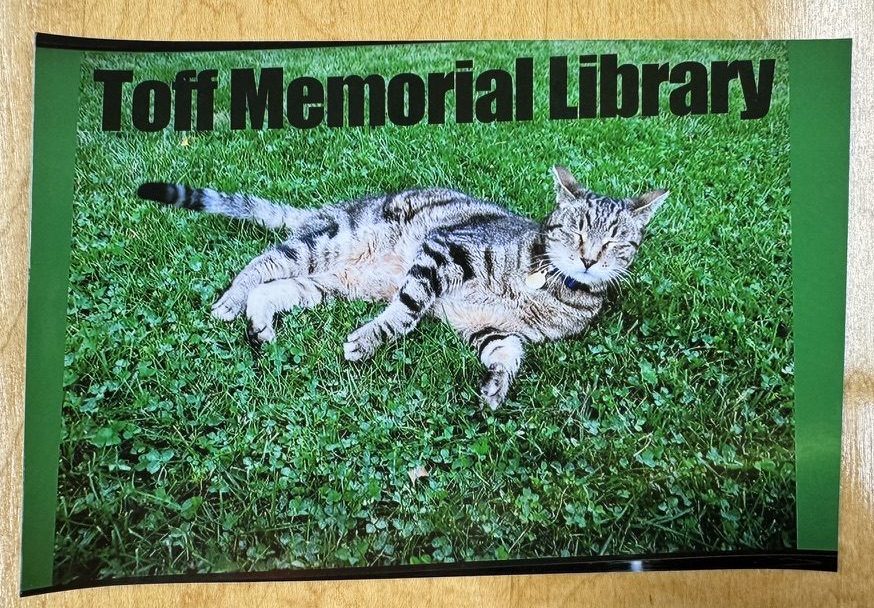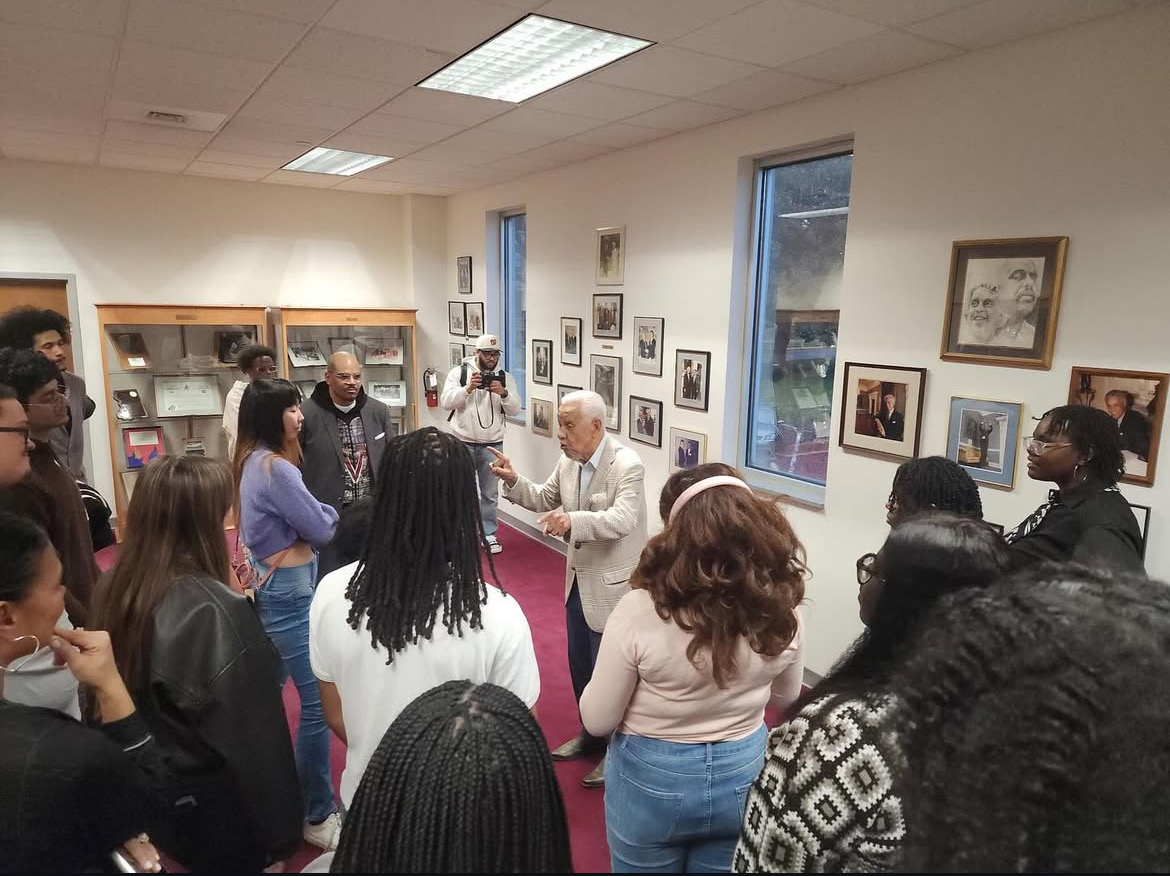The Language Center, the Office of International Student Life (ISL) and the Writing Center have recently begun collaborating on a student-led project to produce a contribution-based annual zine with submissions in languages other than English. The zine, titled “In Other Words,” will be published annually. Each submission will be printed in its original language along with a translation in English, so readers can appreciate the writer’s work whether or not they speak the language in which it was written. The project is in its pilot year and has been spearheaded by Cici Wang ’26, Taisei Pinc ’28 and Yiming Ma ’27.
The endeavor began when Wang, an ISL peer leader, and Ma approached Kristen Vogel, the assistant director of the writing center and the coordinator of multilingual writing support, with their idea to put together a publication in various languages.
“I invited Yiming to do a panel for our writing consultants to help understand international students and their writing experience on campus,” Vogel said. “He was thinking about it, and he was thinking about a friend [Wang] that he had who feels like she loses her ability to express herself in Chinese at Carleton — like she loses part of herself sometimes. She wants to be expressive, but she has no outlet.”
From there, Amy Hutchinson, the director of the language center, and Liz Cody, the director of international student life, joined the project.
“I just happened to have a meeting with ISL and the multilingual writing coordinator to talk about ways we can collaborate because we have a similar student body and similar purposes on campus. [Kristen] brought up this zine and both Liz Cody and I were extremely excited,” Hutchinson said.
Hutchinson and the language center staff were excited to join the project, as the zine would allow multilingual students as well as language learners at Carleton to have an outlet to share their creative and linguistic skills in another language.
“The zine fit well within what we do in the language center, and in some way, we represent the language [JUMP]learners on campus, people who may be a little bit more apprehensive about submitting because they are not fluent, but we are really trying to get everyone to submit,” Hutchinson said.
Student collaborators are still searching for other students to help translate submissions and provide artistic and design experience.
Recently, two library staffers — Isabela Oliviera, a reference librarian for the humanities, and Jackie Beckey, a special collections librarian — met with the “In Other Words” team to discuss zine design and help the group with developing a zine format.
Beckey and Oliviera both have backgrounds in zine collection and design, and they plan to host a collage workshop later in the term to create collages of existing foreign-language magazines to include in the “In Other Words” 2025 publication.
According to the “In Other Words” website, the goal of the project is to “create a space for free expression and creativity in all languages.” Submissions of fiction or nonfiction prose, poetry and visual art are open to all students, faculty and staff. Works can be submitted in any language other than English.
Possible languages for submission can include the 10 foreign languages taught at Carleton including Spanish, Arabic, Japanese, French, Russian, Chinese and others. The webpage allows “contributors to explore and express themselves in diverse ways, whether you’re using a language you’re fluent in or one you’re still learning.”
The creators of the zine project also hope to give multilingual students a space to share all aspects of their experience at a place like Carleton, where almost all communication outside of language classrooms is done in English.
“We have so many students on campus who are multilingual, we have people who are taking languages at Carleton and we also have international students, and currently there is not a place where those students’ voices can be heard in their own language, or in a language other than English,” said Hutchinson.
“We have this awesome ability to be multilingual that might feel undervalued outside of language classes, so we should celebrate that, and so I thought this project was a great idea,” Vogel said.
While submissions are just starting to come in, the organizers of the project have high hopes for the project’s potential to offer a wide range of multilingual representation and linguistic and artistic expression.
“My dream is for all languages that anyone speaks on campus to be represented, and showing the amazing diversity of language here,” Vogel said. “I would love to see more visual art too, that expresses how it feels to be multilingual at Carleton, how it feels to be not as comfortable in English.”
Hutchinson said she hopes that, like the Poetry Without Borders event that runs every spring, that the zine will be full of multiple different languages, to represent the diversity of linguistic backgrounds that students bring to Carleton. Though she acknowledges that this is a lofty goal.
“I would like to make sure that we have some of each language, but no language dominates, said Hutchinson. “I’d love to see some languages that are underrepresented or endangered because those languages are rarely reported, if at all at Carleton.”
The student workers of International Student Life, the writing center and the language center were involved throughout the formation of the zine. Several, including some who weren’t involved in the program are considering making a submission to the zine, themselves.
Farren Groom ’27, a former language center student worker, said “I think this is a great contribution to Carleton’s creative scene. It will really expand the scope of Carleton’s literary arts because of the way different languages can use their own syntax to create unique literary pieces.”
Submissions will be open until the end of the term on Mar. 12. To advertise the opportunity, posters have been hung up in buildings around campus, including the Language and Dining Center outside of language classrooms and the language center, as well as the Writing Center. A collage workshop inspired by German language students making collages out of German magazines is also in the works for later this term and will be open for broader student collaboration.











